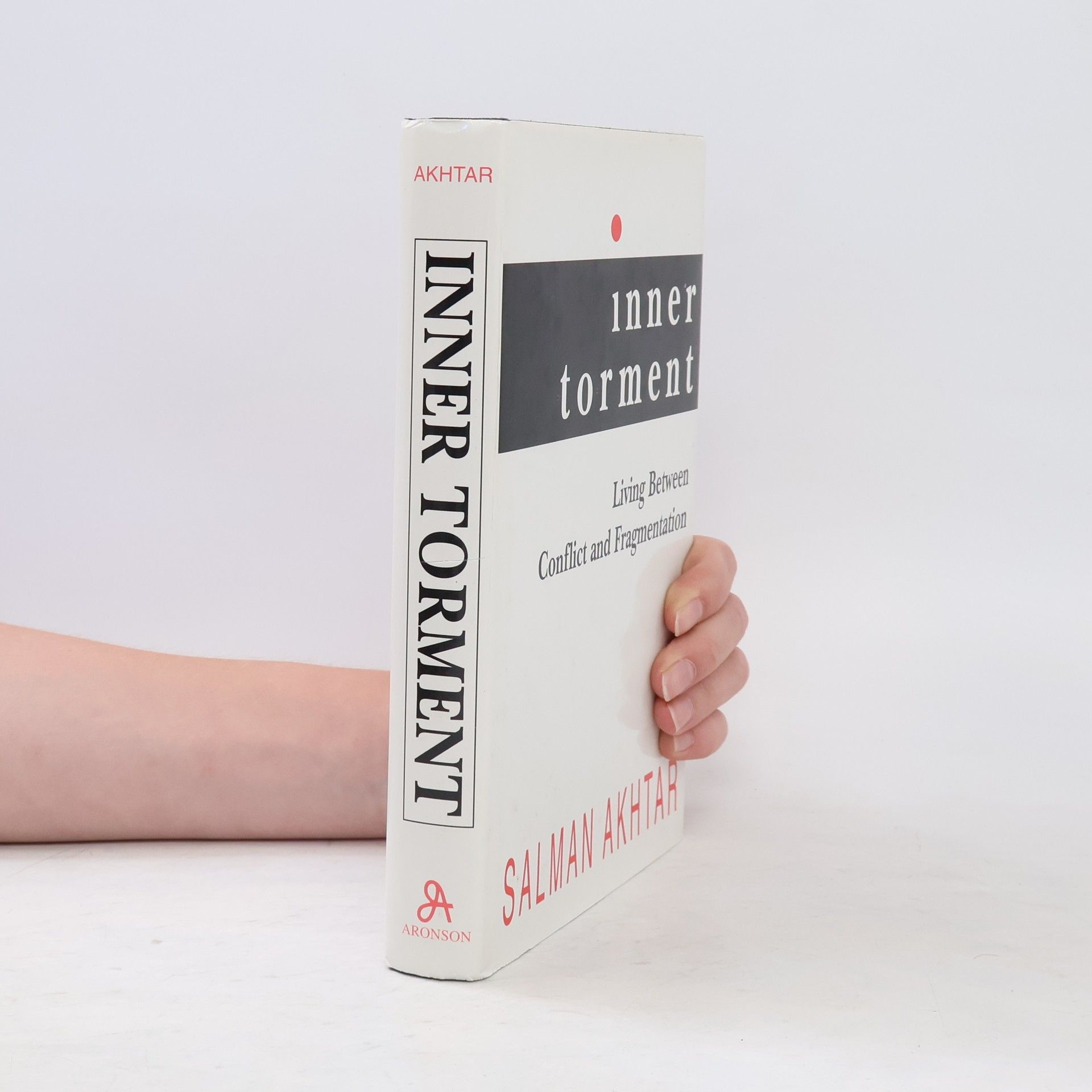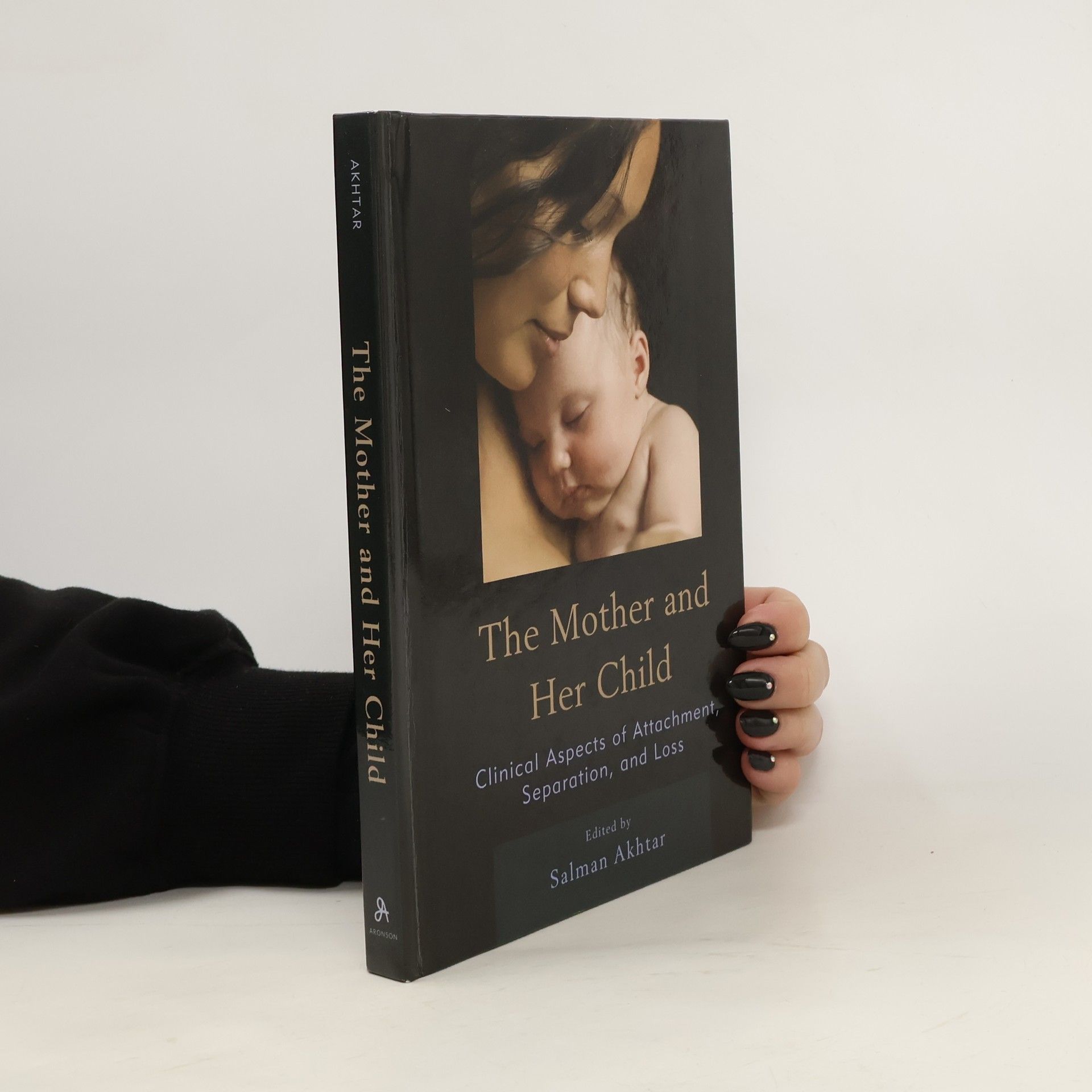The Crescent and the Couch
Cross-Currents Between Islam and Psychoanalysis
- 436 pages
- 16 hours of reading
Focusing on the intersection of Islam and psychoanalysis, this book features contributions from a diverse group of scholars across various fields. It emphasizes the significant impacts of key Muslim figures and explores Islam's interactions with other major religions. Additionally, it delves into themes such as family dynamics, personal identity, sexuality, and the unique clinical challenges faced by Muslim patients, alongside the practices of Muslim psychoanalysts. The work aims to foster understanding and dialogue between these disciplines.



